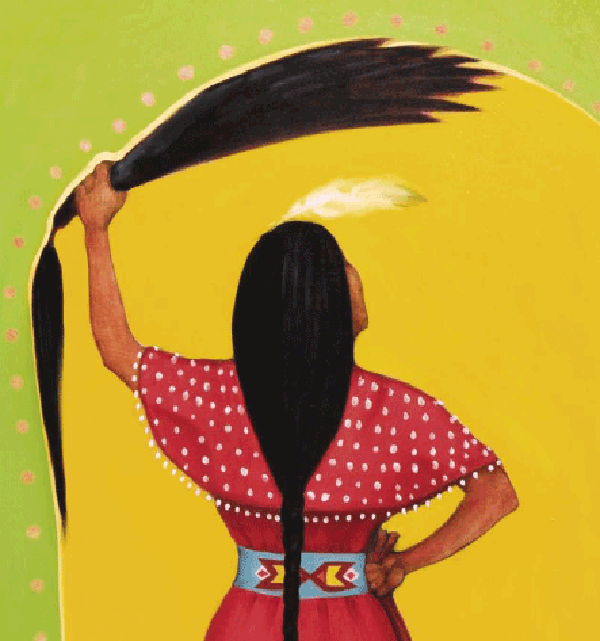Originally published on Rewire by Nicole Knight Shine - June 24, 2016 | The case, Dollar General v. Mississippi Band of Choctaw Indians, hinged on whether the tribe had the authority to resolve civil lawsuits involving non-members—in this case, a $20 billion company—on Native lands.
 A U.S. Supreme Court tie on Thursday represented a win for tribal court authority in a case involving a Dollar General employee accused of molesting a 13-year-old more than a decade ago.
A U.S. Supreme Court tie on Thursday represented a win for tribal court authority in a case involving a Dollar General employee accused of molesting a 13-year-old more than a decade ago.
The case, Dollar General v. Mississippi Band of Choctaw Indians, hinged on whether the tribe had the authority to resolve civil lawsuits involving non-members—in this case, a $20 billion company—on Native lands.
Justices deadlocked 4 to 4 in their opinion, leaving in place a federal appellate court decision that rejected Dollar General’s challenge to tribal court jurisdiction.
“It’s a clear victory,” said Mary Kathryn Nagle, counsel to the nonprofit National Indigenous Women’s Resource Center (NIWRC), in an interview with Rewire. NIWRC filed an amicus brief in the case in favor of tribal sovereignty, along with 104 other organizations. “Dollar General spent a lot of time, and lot of money, and a lot of resources attempting to completely eliminate tribal jurisdiction.”
In 2003, Dale Townsend, a Dollar General store manager, allegedly engaged in repeated acts of sexual molestation at the store on a then-13-year-old Choctaw boy, who was placed there by a youth job-training program. The Dollar General store sits on tribal trust lands, agreed to Mississippi Choctaw tribal court jurisdiction regarding its store lease, and operates under a business license issued under Choctaw code.
In 1981, the Court ruled in Montana v. United States that tribal authority extends to non-Natives entering into consensual relationships with a tribe “through commercial dealing, contracts, leases, or other arrangements,” as SCOTUSblog wrote in the case preview.
Dollar General, however, argued the tribal court had no authority. In its appeal, the Tennessee-based corporation invoked a 1978 ruling, Oliphant v. Suquamish Indian Tribe, in which the Supreme Court held that tribal courts lacked judicial power over non-members in criminal cases.
The boy’s case, however, was a civil matter. While the tribe’s attorney general took steps to bar the Dollar General manager from the reservation, the U.S.
Attorney did not bring criminal charges against Townsend. The boy’s family is suing Dollar General and the store manager for damages in excess of $2.5 million, a case that can now continue in tribal court.
Advocates had called the closely watched case an “attack on tribal sovereignty.”
“Nowadays, it’s a very good thing when tribal rights and powers are freshly affirmed,” Robert Coulter, executive director of the Indian Law Resource Center, told Rewire in a phone interview Thursday. “Had Justice Scalia been sitting on the Court, this case would have depended on Scalia’s vote. That’s why there was a great deal of concern and anxiety about the outcome of the case.”
The death of conservative Justice Scalia, and Republican gridlock, has left the highest court in the land with only eight justices.
“If Dollar General had been successful … tribal governments would have been stripped of their inherent jurisdiction over the majority of individuals attempting to harm their men, women, and children,” Nagle, counsel for NIWRC, told Rewire.
“In Indian country, our men, women, and children face the highest rates of sexual assault, domestic violence, and murder—higher than any other population in the United States,” she noted. “The U.S. Department of Justice has reported that the majority of these assaults are committed by non-Indians.”
When prosecutors decline to pursue these kinds of crimes, survivors have increasingly turned to civil courts for recourse.
More than four out of five Native women are subjected to some form of violence, and 56 percent have experienced sexual violence, according to a May 2016 National Institute of Justice Research Report.
Mississippi Choctaw Tribal Chief Phyllis Anderson told the Associated Press that the Supreme Court tie was a positive outcome “not only for our tribe, but for all of Indian country.”

